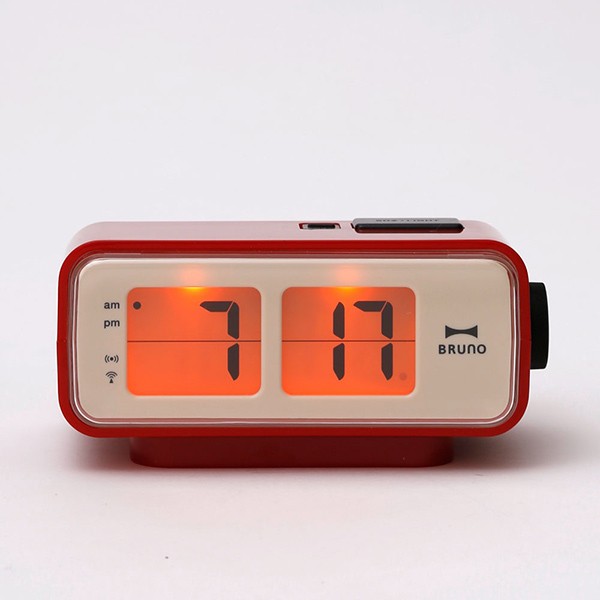
An intellectual history of the clock is a performative lecture aimed at a small audience, which focuses on concepts and ideas relating to the social construction of time. It revolves around concepts and ideas like time measurement, the history of clocks, the implementation of clock-time and the standardization movement.
The lecture is conceived as a sort of narrated exhibition in which artworks by various contemporary visual artists are neither physically shown nor explicitly represented through their image. Instead, they are referenced by different means, such as storytelling, ekphrasis, and re-enactment, and through indirectly related visual and audio-visual information. This represents an attempt at exploring the possibilities of speech, storytelling, and other forms of orality and performativity as curatorial and exhibiting tools. In addition to examining the value of referentiality and allusion in curating, the lecture also poses questions about the role of visuality and image-making in contemporary visual art. Despite the strong emphasis on language and verbal expression, the conference makes extensive use of screens, as well as images and videos – mainly taken from the Internet – to comment on how knowledge is produced in the scopic and hyper-communicative regime that characterizes contemporary society. The exercise also seeks to subvert the assumed neutrality and veracity of the curator’s position and instead point to the subjectivity and emotionality that shape any curatorial act.
An intellectual history of the clock is part of a series of performative lectures linked to ongoing long-term curatorial research into the experience of time initiated by Alexandra Laudo [Heroínas de la Cultura] at the research program CuratorLab, Konstfack University (Stockholm), directed by Joanna Warsza. Upcoming lectures in this series will examine, among other topics, the action of waiting and some of its cultural, socio-economical and poetic implications; questions related to the rituality of birthdays; the complexity and ambivalence of the act of sleeping from a historic and contemporary perspective; and the opposition between still and moving image and how this connects with technological velocity.
An intellectual history of the clock is part of a series of performative lectures linked to ongoing long-term curatorial research into the experience of time initiated by Alexandra Laudo [Heroínas de la Cultura] at the research program CuratorLab, Konstfack University (Stockholm), directed by Joanna Warsza. Upcoming lectures in this series will examine, among other topics, the action of waiting and some of its cultural, socio-economical and poetic implications; questions related to the rituality of birthdays; the complexity and ambivalence of the act of sleeping from a historic and contemporary perspective; and the opposition between still and moving image and how this connects with technological velocity.
Artists : Various contemporary artists and a site-specific project by Gideonsson/Londré.
Collaborators: Tove Brigersson, Àlex Serrano and Pedro Torres.
Curator: Alexandra Laudo [Heroínas de la Cultura].
Date: June 1st, 7 pm. It is also possible to attend a rehearsal on June 1st at 12 pm.
Venue: Malongen / Nordic Art Association. Nytorget 15 A E – 116 41 Stockholm (Sweden)
RSVP: seating is very limited. Please make sure to confirm your attendance by writing to heroinasdelacultura@gmail.com
With the support of: CuratorLab – Konstfack University, Departament de Cultura de la Generalitat de Catalunya, Malongen – NFK and Spanska Ambassaden Cooperación Española.
With the collaboration of: Bodegas Enate and Viña Española.